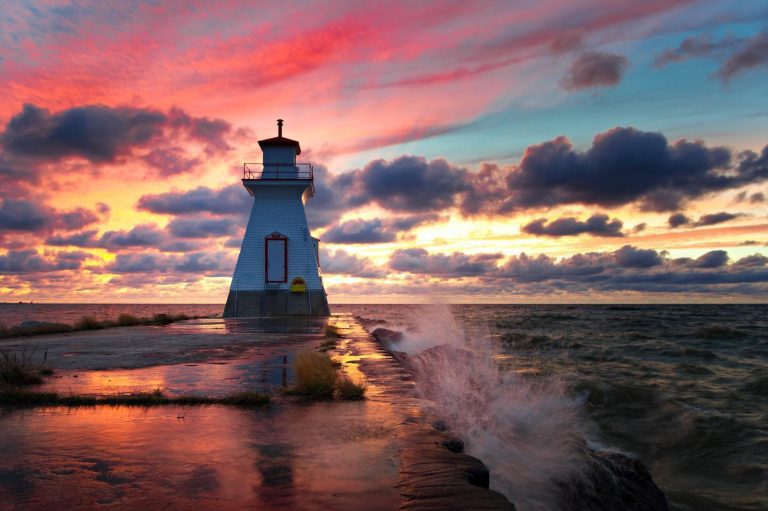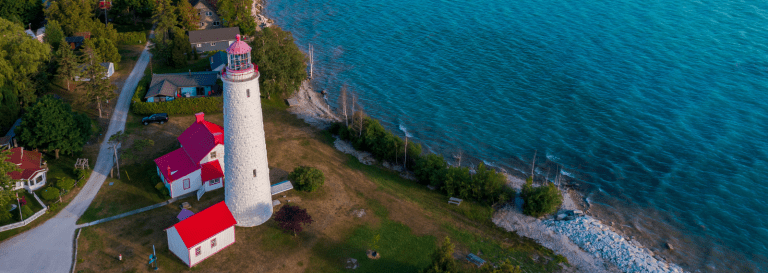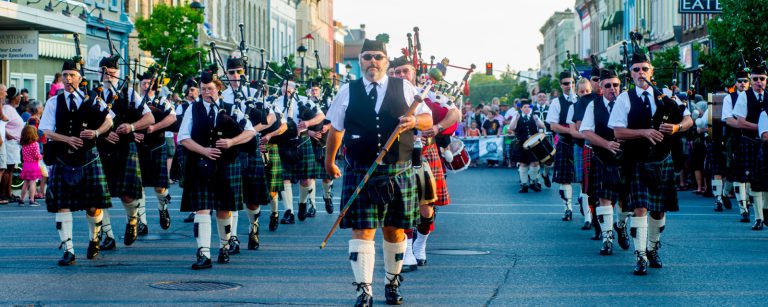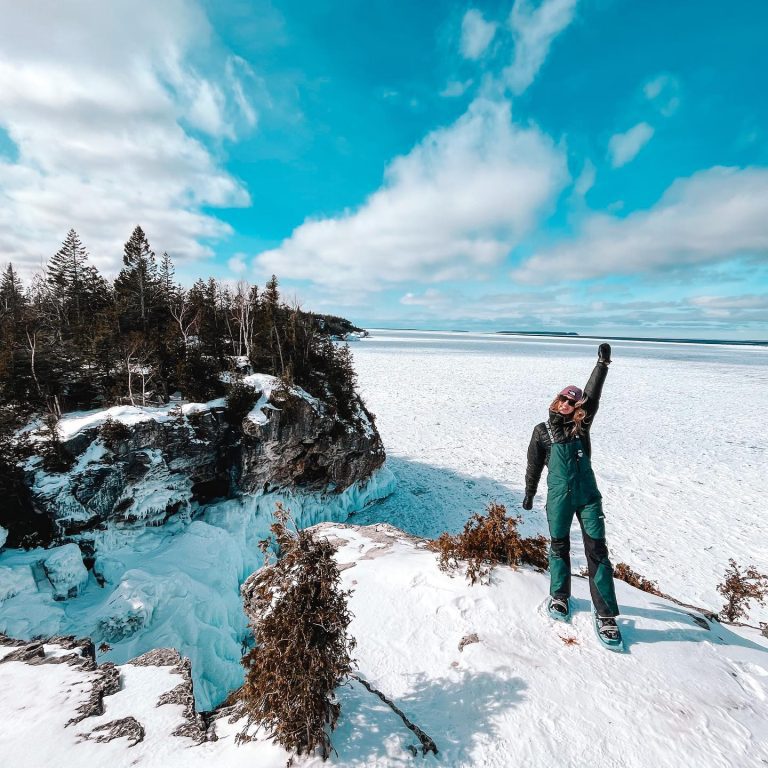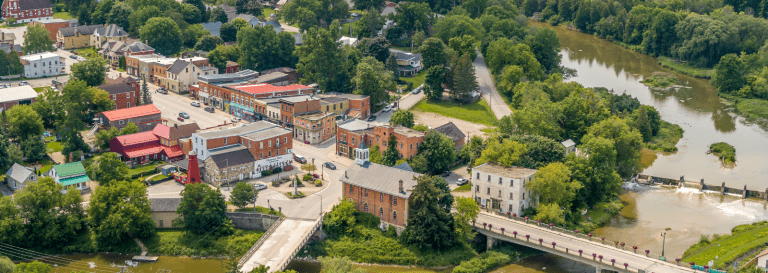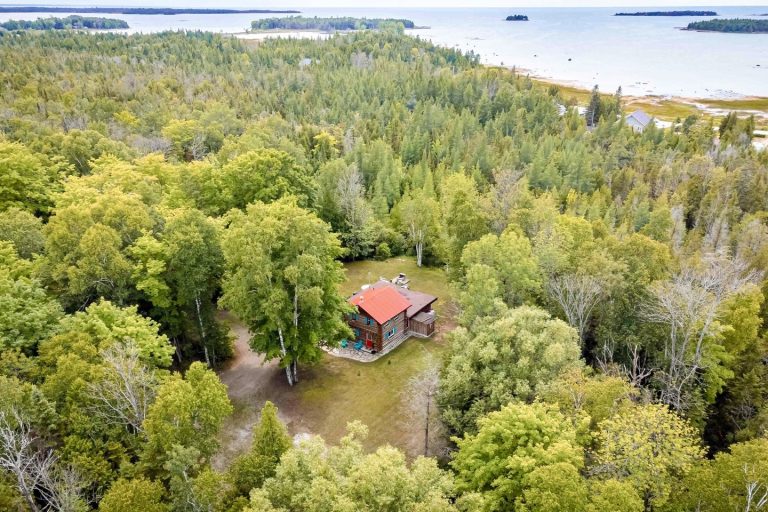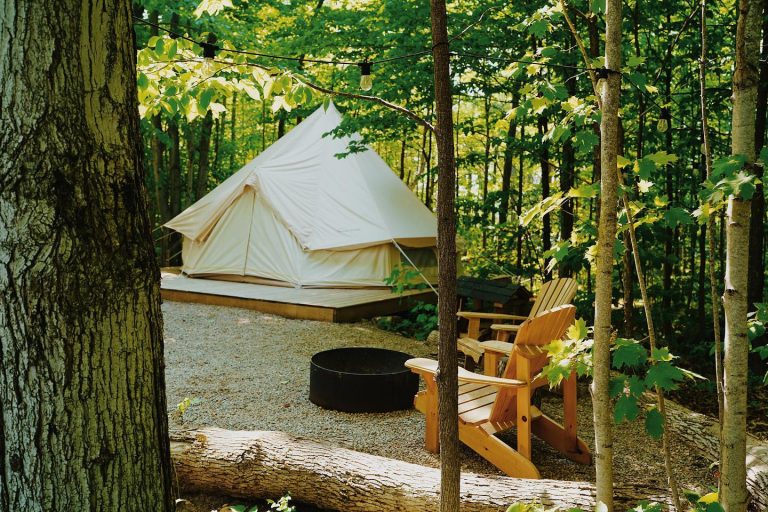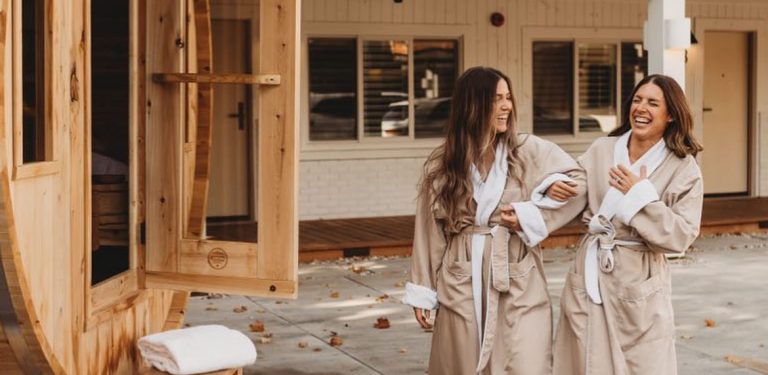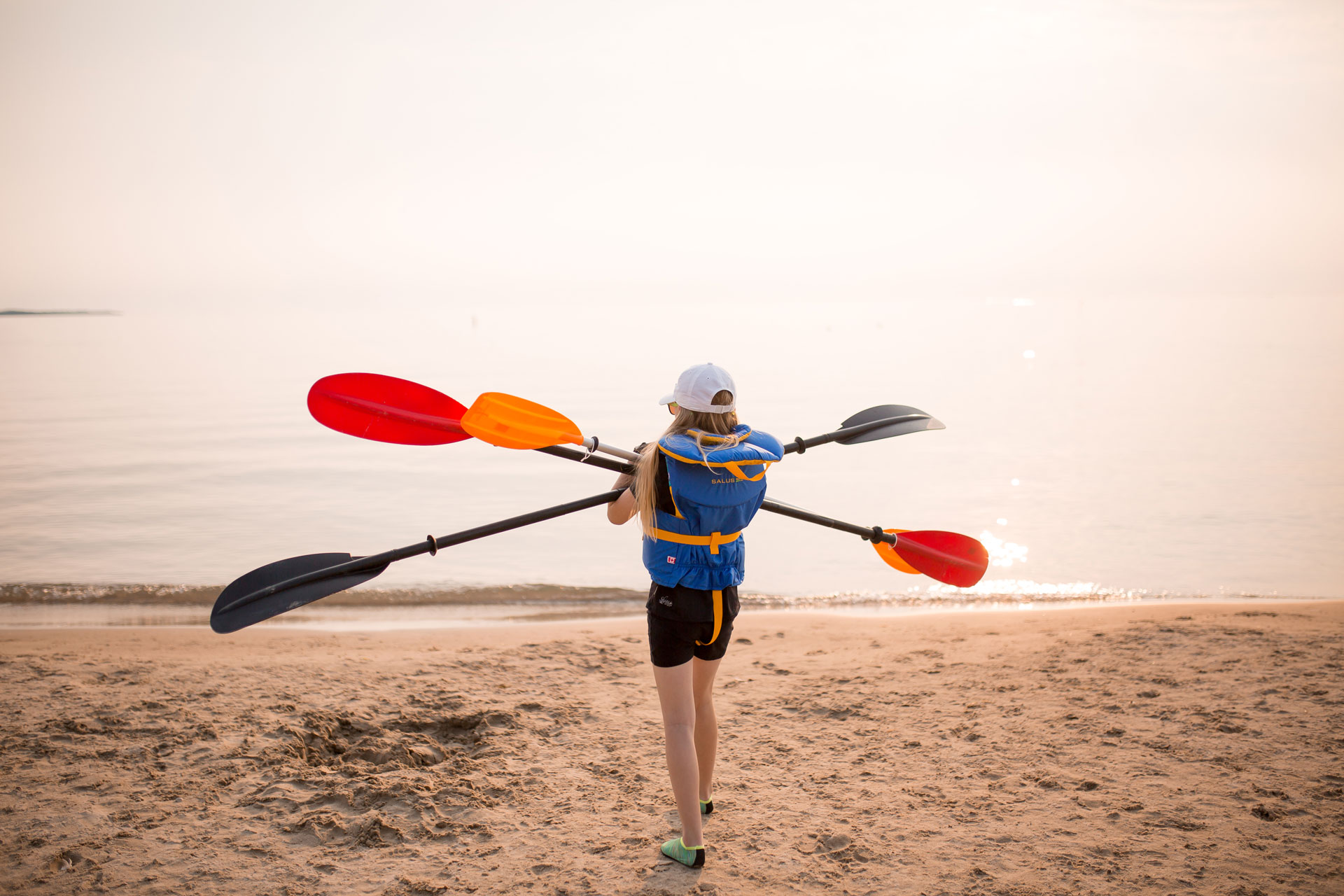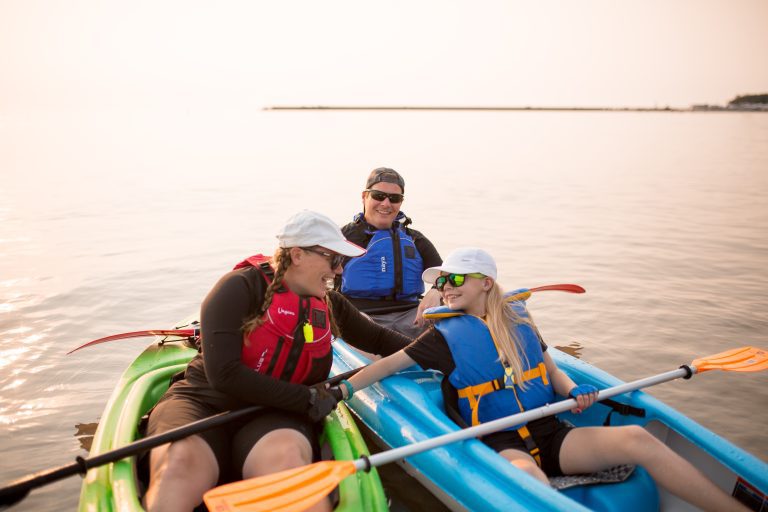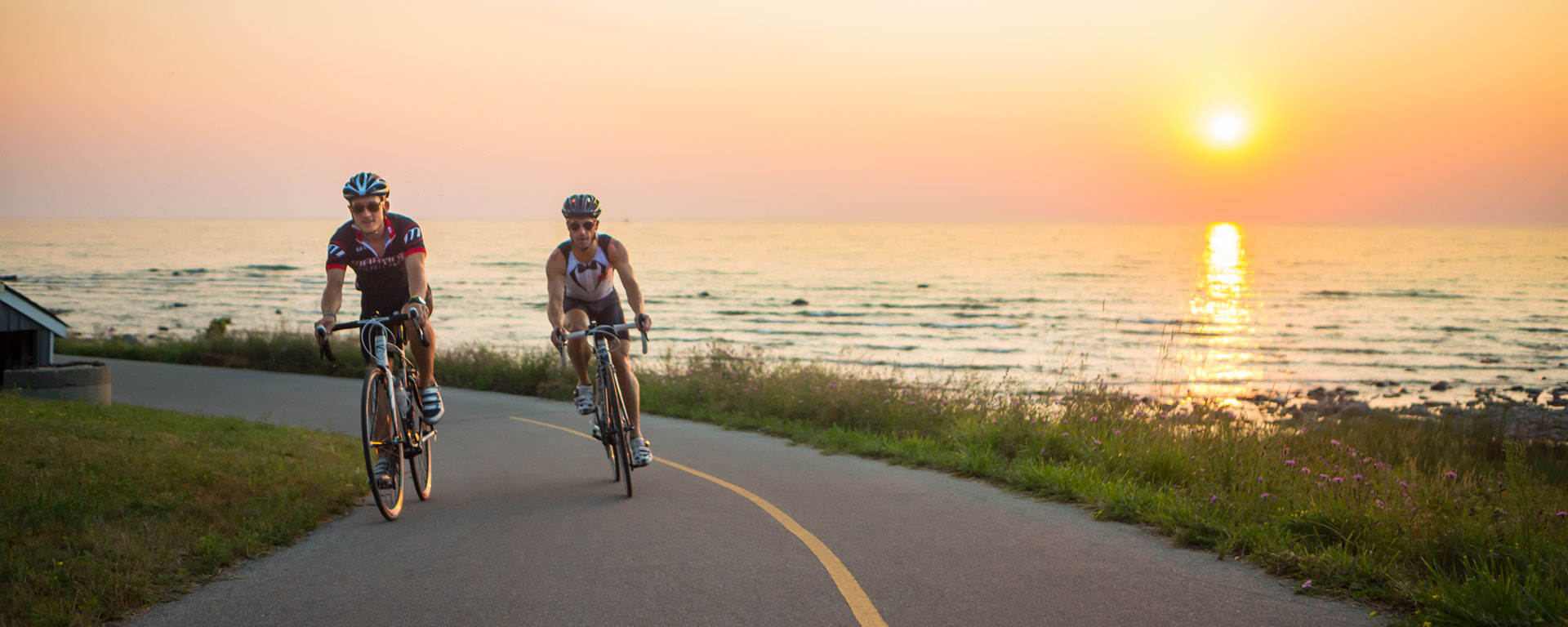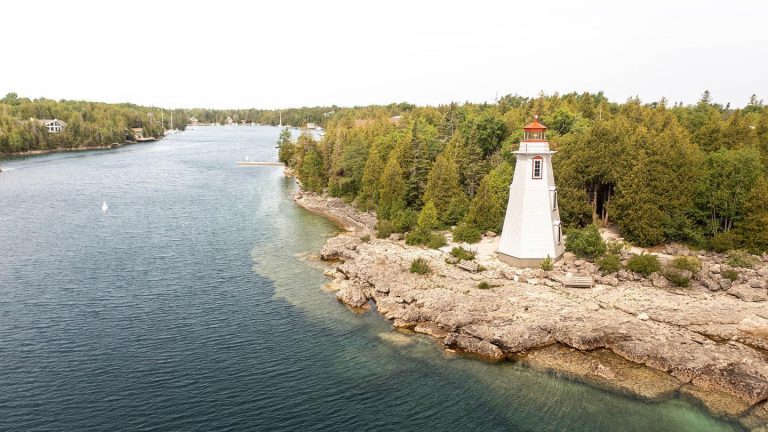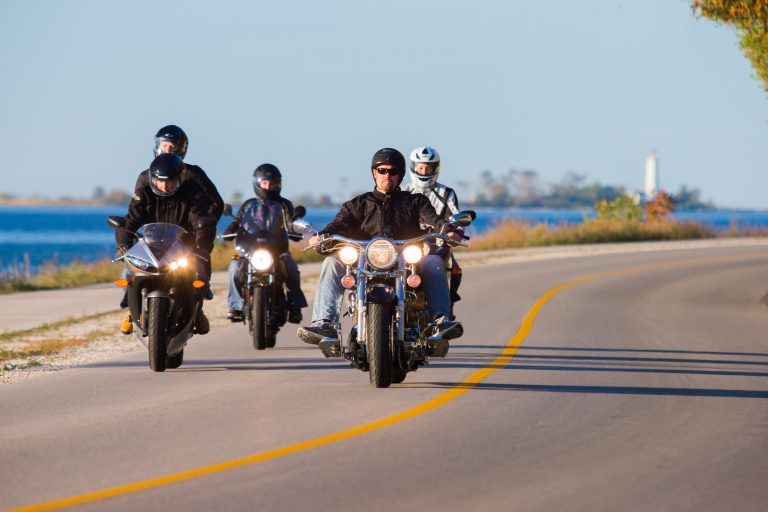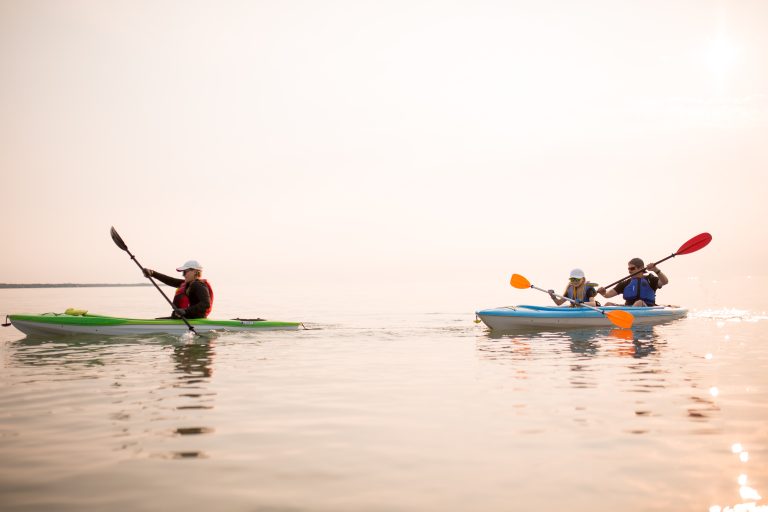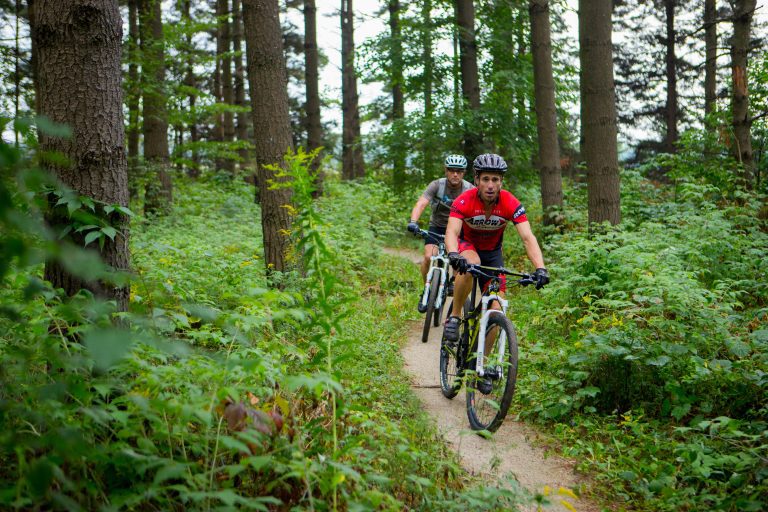Everything You Need to Know Before Visiting Bruce Peninsula National Park this Winter
Get ready for an epic winter adventure with everything you need to know before visiting the park to make sure you and your fellow explorers have the best experience possible!
Visiting Bruce Peninsula National Park and Fathom Five National Marine Park in the winter is a very different experience than visiting in the summer. It offers the ‘quintessential Canadian winter’ experience, and a quieter visit than the busy summer months. However, visitors need to be aware of safety hazards in place and come prepared for winter weather conditions and reduced facilities and services.
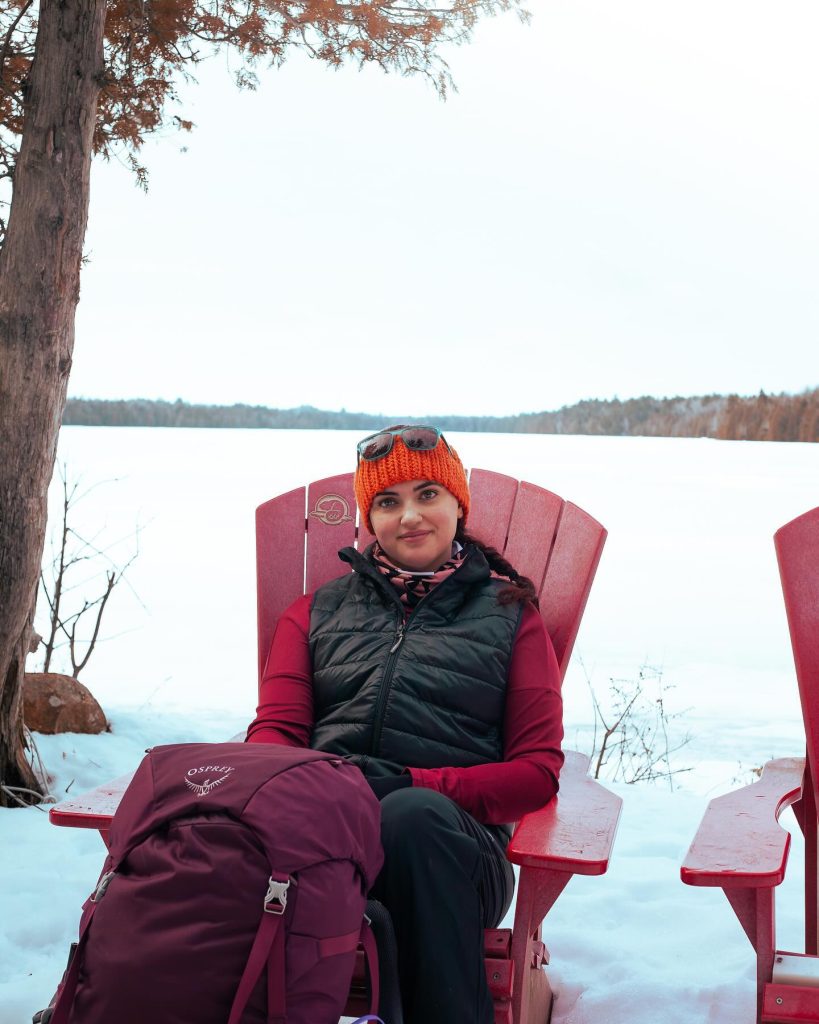
What is Open?
- The Grotto and Cyprus Lake Area are open for hiking daily.
- The Visitor Centre is open Friday to Tuesday from 9am to 5pm, closed Wednesday/Thursday and closed Christmas Eve/Day and New Year’s Eve/Day.
- The Cyprus Lake Campground is open for front-country camping daily.
- Yurts are available Friday to Monday with no nightly minimum.
- Backcountry camping is available in Stormhaven daily. The High Dump backcountry camping area is closed for the season.
- There is no winter maintenance at Halfway Log Dump and Singing Sands Day Use Areas.
- Fathom Five National Marine Park, including Flowerpot Island, is closed for the season.
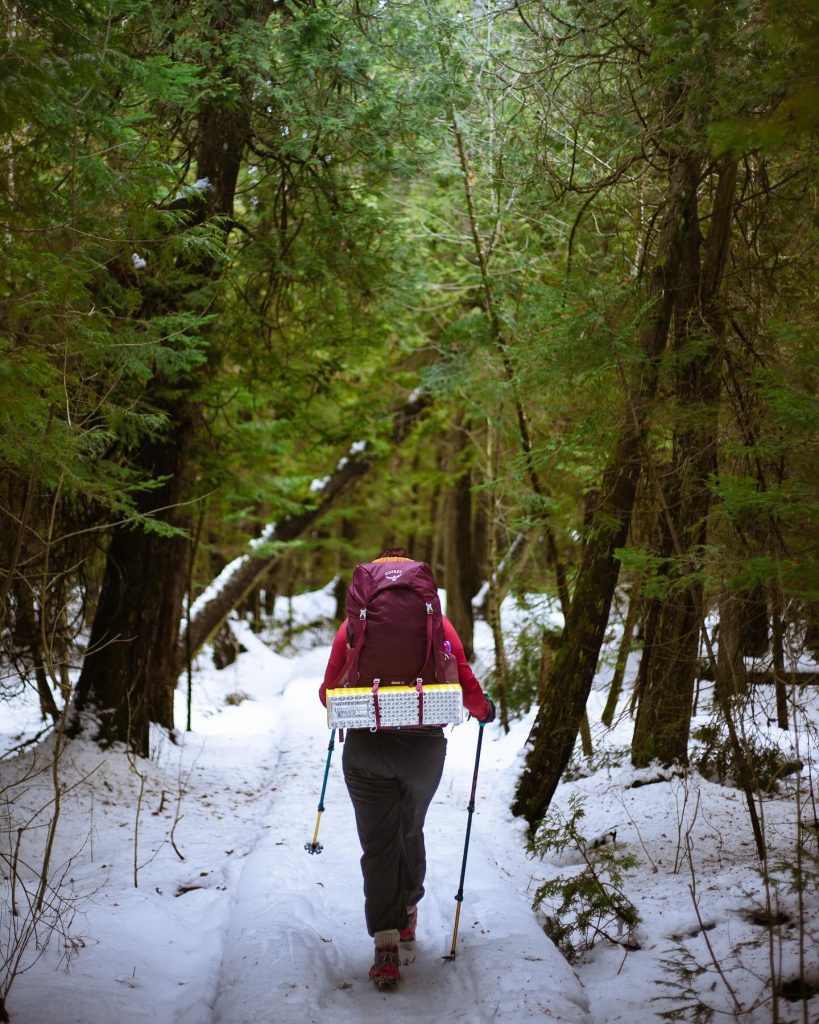
Things to Know About Hiking in the Winter
Hiking in the winter is a lot more strenuous and requires a lot more energy than in the summer. Your body is trying to keep warm all while trekking through tougher conditions. You will need more food and water than you would in the summer!
What to pack?
- A full snow suit including a winter coat, snow pants, a hat, mittens, and a scarf. (Pro-tip: try a buff to protect your face from the cold wind off the water too!)
- Rugged winter boots – sneakers or boots without tread on the bottom WILL NOT SUFFICE. (Pro-tip: try ice-cleats or crampons for your boots to help with traction on ice!)
- A warm change of clothing in case any of your clothes get wet.
- Flashlight or head lamp – it gets dark very quickly and much sooner in the winter.
- Whistle
- First aid kit
- Emergency blanket
- Park map, GPS, cell phone, etc. (Pro-tip: batteries die quicker in the cold, keep your phone in a warm pocket! It is also important to note that cell service can be unreliable in parts of the park, particularly along the shoreline.)
- Enough food and water for your outing.
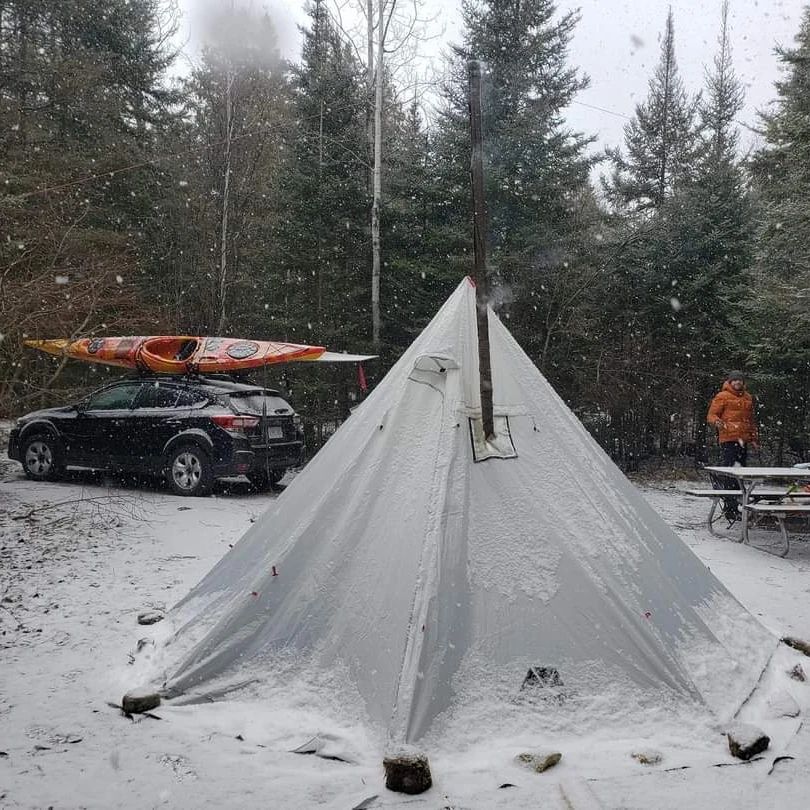
Things to Know About Winter Camping
Even if you have camped at Bruce Peninsula National Park in the summer before, camping in the winter is a different experience with significantly reduced facilities and services.
Front Country Camping
- A much more rugged experience than camping in the same campground in the summer.
- You will require a 3 or 4 season tent.
- You will require a winter sleeping bag that is rated for at least -15°C. A sleeping pad can also help keep you warm by keeping you off of the cold ground.
- It is also strongly recommended to pack very warm clothes to sleep in (preferably wool) including long underwear, socks, and even a toque!
- You cannot drive into your campsite in the winter. You will park your car in the parking lot and hike into your campsite. While this is not too far away, you need to be prepared to not have all your supplies necessarily on hand.
- The flushable toilets and showers are closed. There are primitive, dry toilets available.
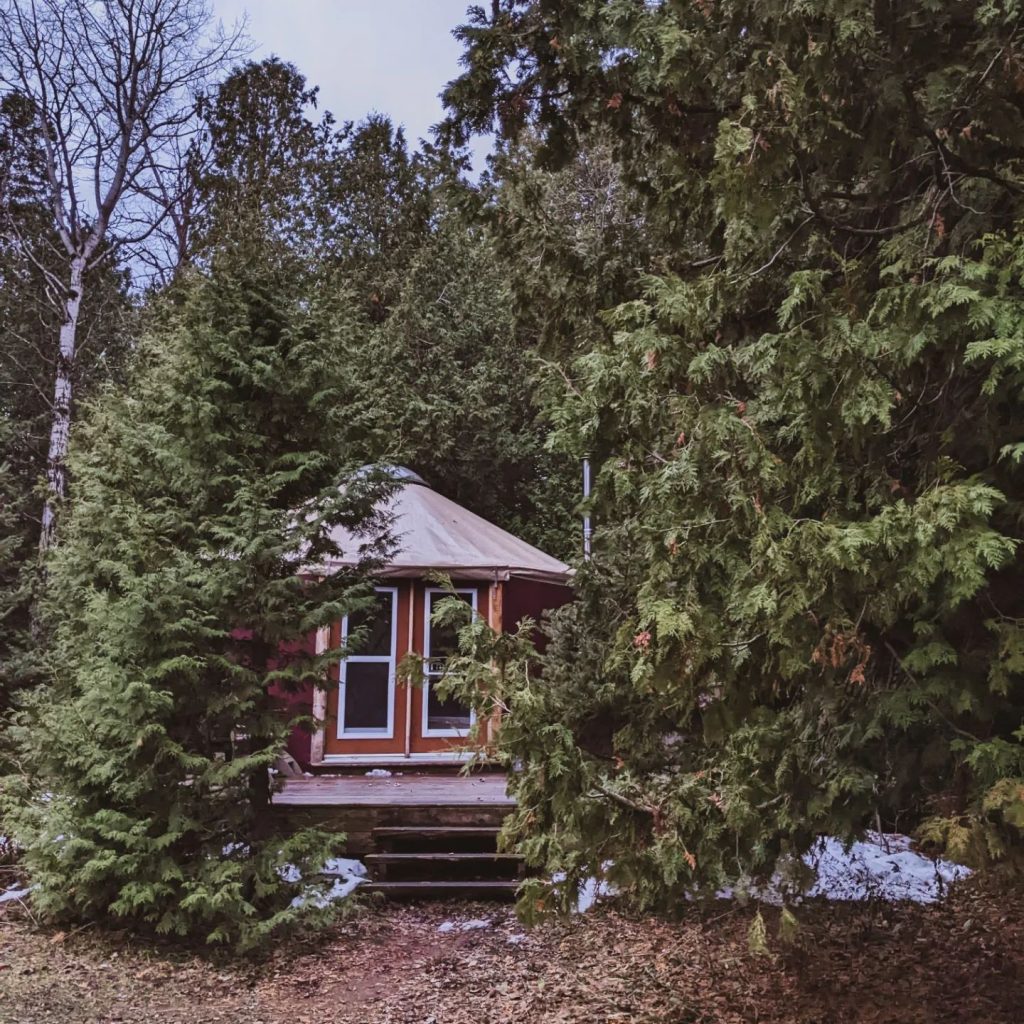
Yurt Camping
- While this is considered ‘glamping’ it is still a very rustic experience.
- There are no lights or power outlets in the yurts. You will require lamps or lanterns and portable chargers.
- The only heat source in the yurts is a woodstove that you will need to run yourself. If you have never built a fire or used a woodstove before, do some research ahead of time to prepare.
- You cannot drive right up to your yurt. You will park your car in the parking lot and walk the short distance to your yurt. Sleds are available to transport your gear from your car. While this is not too far away, you need to be prepared to not have all your supplies necessarily on hand.
- The outdoor dish washing sinks are not in operation in the winter. Visitors are provided with a bucket in the food prep area on their deck that allows them to go and collect hot water from the bathroom to wash dishes.
- To prevent attracting animals inside, all food prep and cooking must be done outside the yurts. You still need to store your food either in your car or in the storage lockers near the yurts in the winter. A BBQ is provided outside on the deck.
Safety Hazards
Planning ahead and packing proper gear can help to reduce the hazards and safety risks that can occur during a winter visit. It is important to note that during the winter, rescue response time is greatly reduced. Follow these recommendations to reduce dangerous risks:
- The shoreline – you CAN NOT get as close to the shoreline as you can in the summer. It is much easier to slip and fall on snowy and icy terrain. You need to stay back from the edge to ensure safety. Give yourself LOTS of space from the shoreline, drop offs, and edges!
- Never walk on the ice – it may look stable, but there is still a risk of falling through and getting hypothermia or even drowning. Ice sheets can also break off and leave you stranded, floating in the lake. This requires a rescue by a helicopter which can take hours
- Hidden hazards on trails – trails are often snow covered in the winter which means you cannot always tell how a trail is changing underneath. Proceed with caution and watch for rocks, tree roots, and other changing conditions such as ice.
- Be aware of sings of frostbite – these include patches of reddened/pale skin, numbness, and tingling. If you experience any of these symptoms, head inside the visitor centre to warm up.
Local Facilities and Services
Facilities and services in Tobermory are greatly reduced in the winter:
- There is a grocery store in town which has reduced winter hours.
- There is a small gas station in Tobermory with limited hours and it may not be open every day. The next closest gas station is in Ferndale (48km and approximately 40 minutes away from Tobermory) which operates with reduced winter hours.
- There may not be any hotels in operation during your visit, and a reduced offer of other accommodation types (cottage rentals, etc.)
- There are only one or two restaurants open which operated with reduced winter hours.
If you are planning a trip, do your research and come prepared. Do not expect access to purchase supplies when you need them, as you might expect where you live!

Getting Here in the Winter
Be prepared for winter road conditions. There may be considerable snow and ice that lead to dangerous driving conditions if you are not properly equipped or do not have experience with rural winter driving. Snow tires on your vehicle are strongly recommended.
Highway 6 often closes during harsh winter weather and is the main road on the Peninsula. Please be aware that during a storm, there is a possibility that you will need to stay in Tobermory longer than expected, or even overnight. Continuously check weather conditions and research services that will be available ahead of your trip. Reschedule your visit if the weather prediction is poor.
Please note there are no ride-share services in Tobermory at any time of the year.
Activities
Winter is a great time to visit when it is less busy for a more tranquil and quiet experience. Once the snow hits, it also offers a rugged ‘quintessential Canadian’ winter experience, if that is what you are looking for! Here are some activities in the park we would recommend:
- Warm up by the fireplaces and learn lots in the exhibits at the Visitor Centre. If you’re looking for cozy chalet vibes, this is it.
- Hiking or snowshoeing the Georgian Bay Trail to Indian Head Cove and the Grotto offers great winter views (while staying a safe distance from edges and the shoreline of course!).
- Winter is a great time to try bird watching! Less foliage makes it easier to spot birds.
- If you are camping in the park, take advantage of the night sky views. Bruce Peninsula National Park is a Dark Sky Preserve, and the winter has a whole different set of stars than in the summer. (Pro-tip: bring a headlamp with a red filter. This helps maintain night vision while still allowing you to see the stars!)

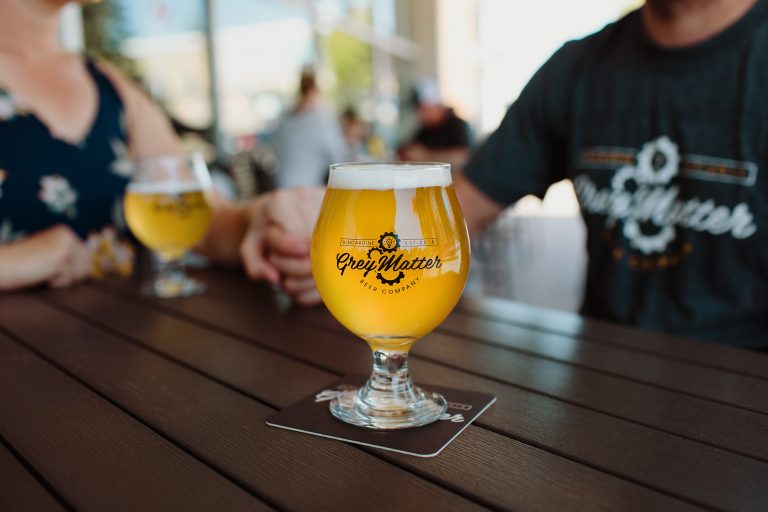
Plan Your Adventure to the Best Breweries in Bruce County
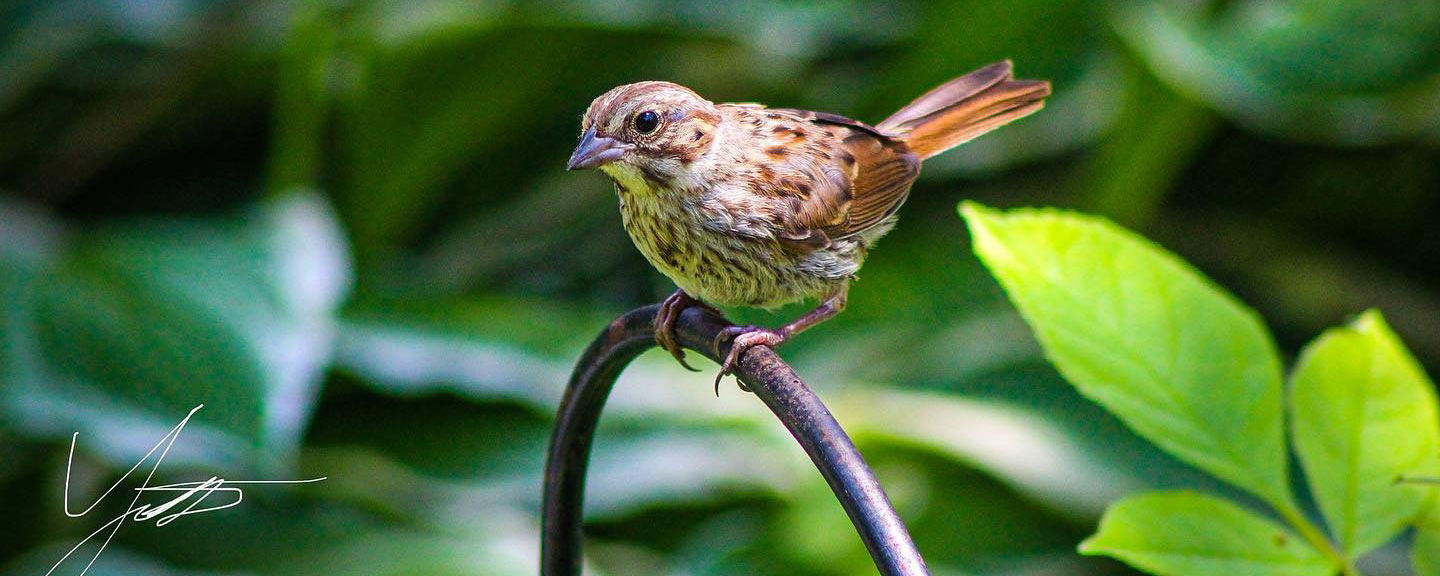
Grab your binoculars and try to spot the beautiful birds of Bruce County
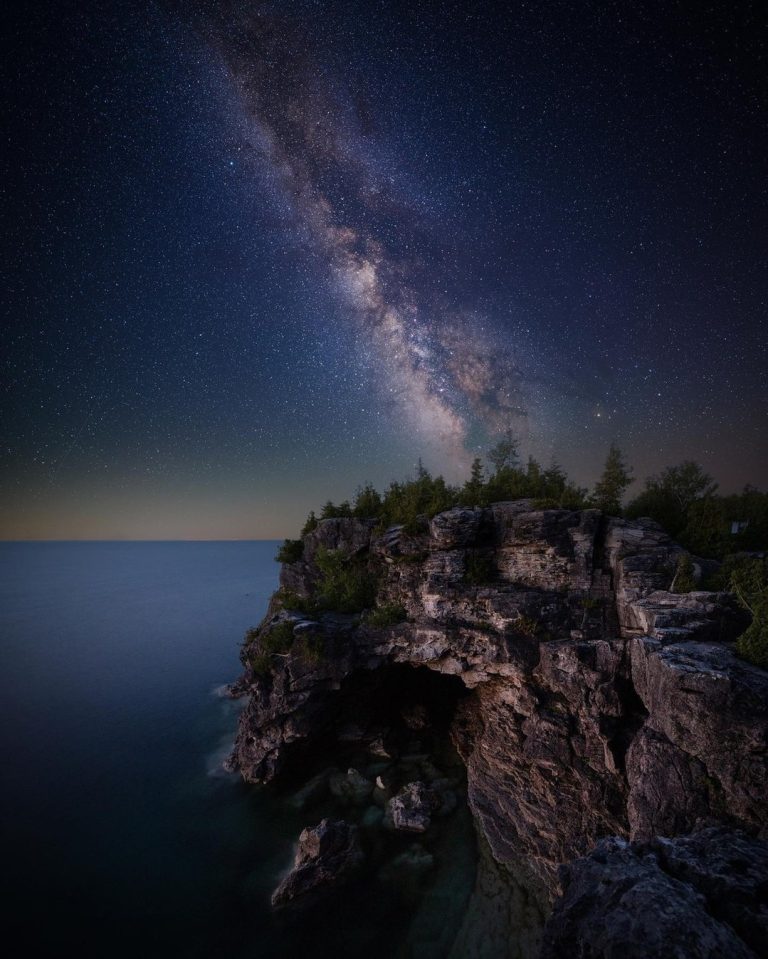
Uncover the astronomical wonders of the night sky
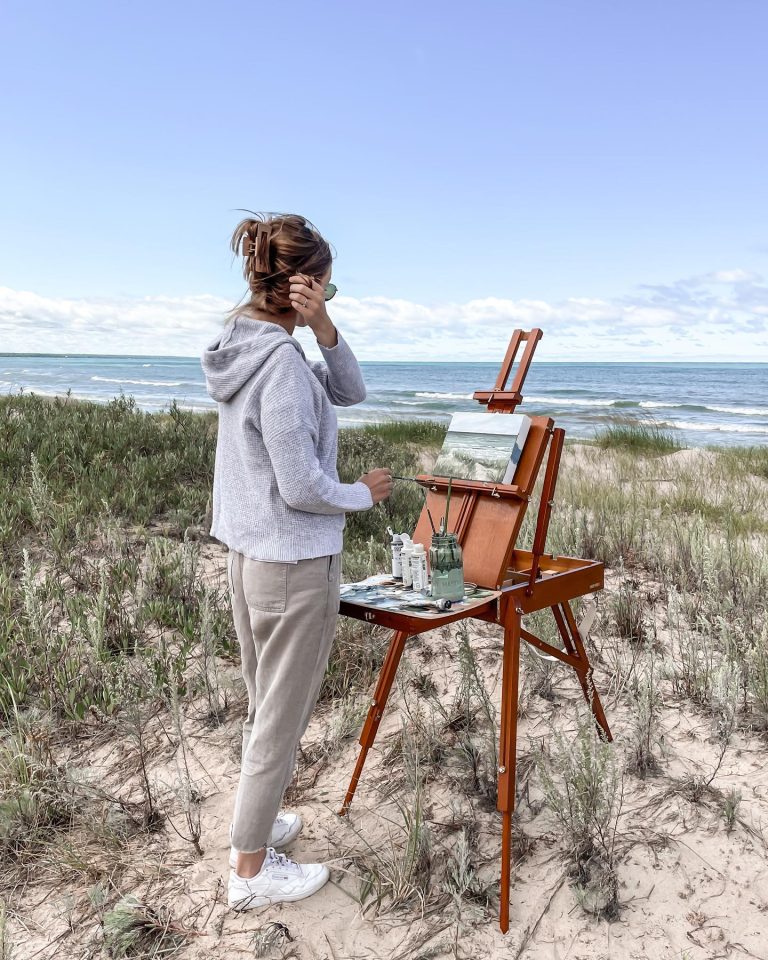
Bruce County is where artists and artisans thrive and shine
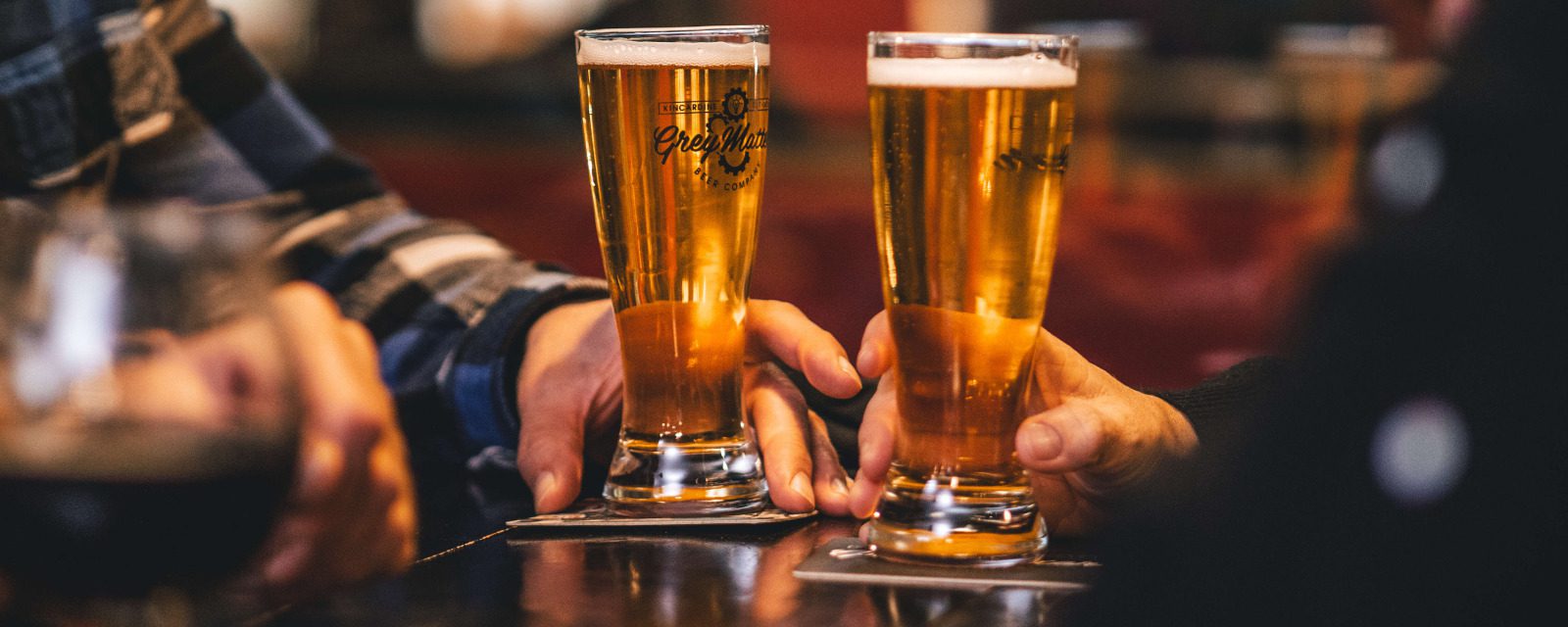
Tour the Craft beer breweries of Bruce County
